- Login
Critical Spatial Practice
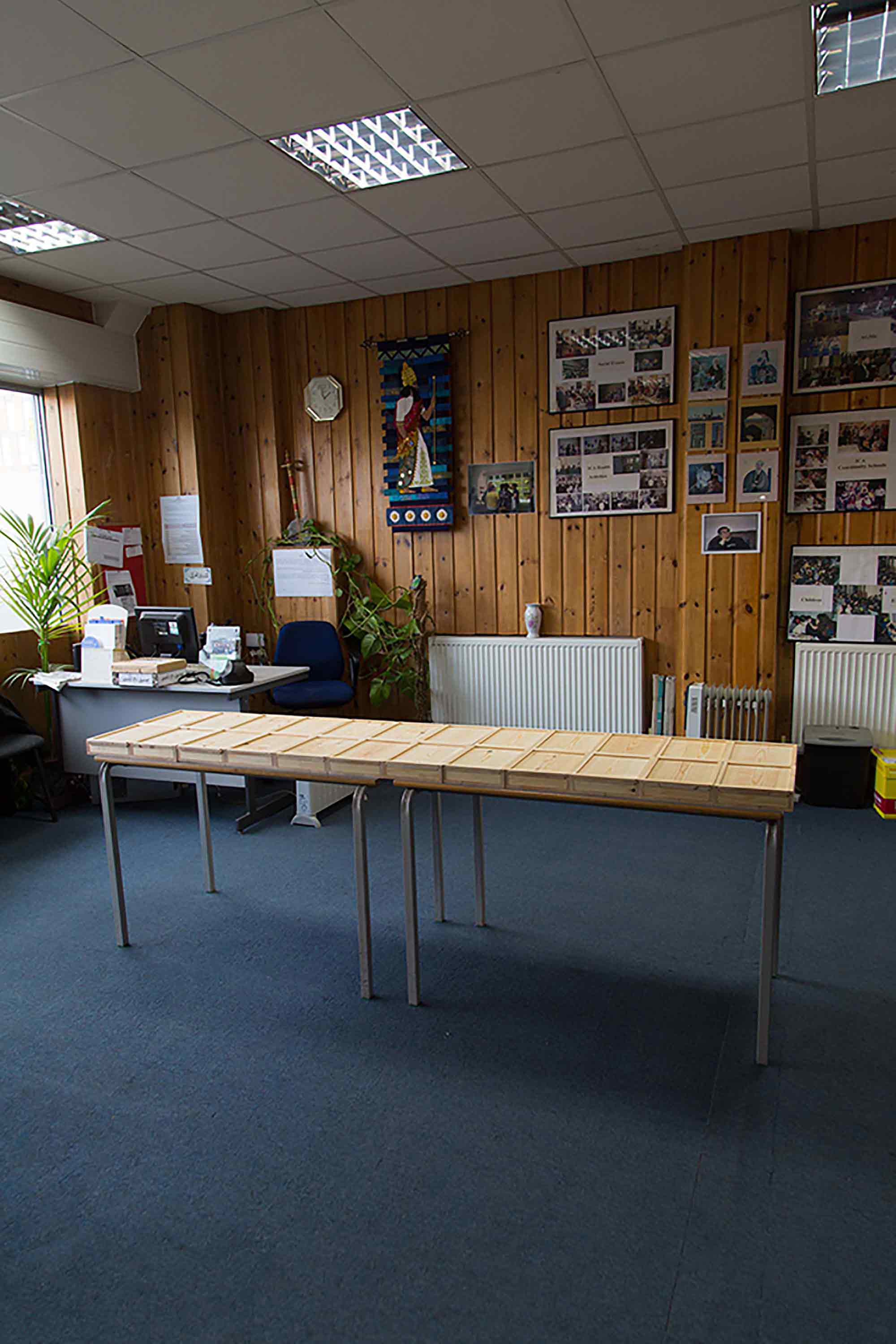
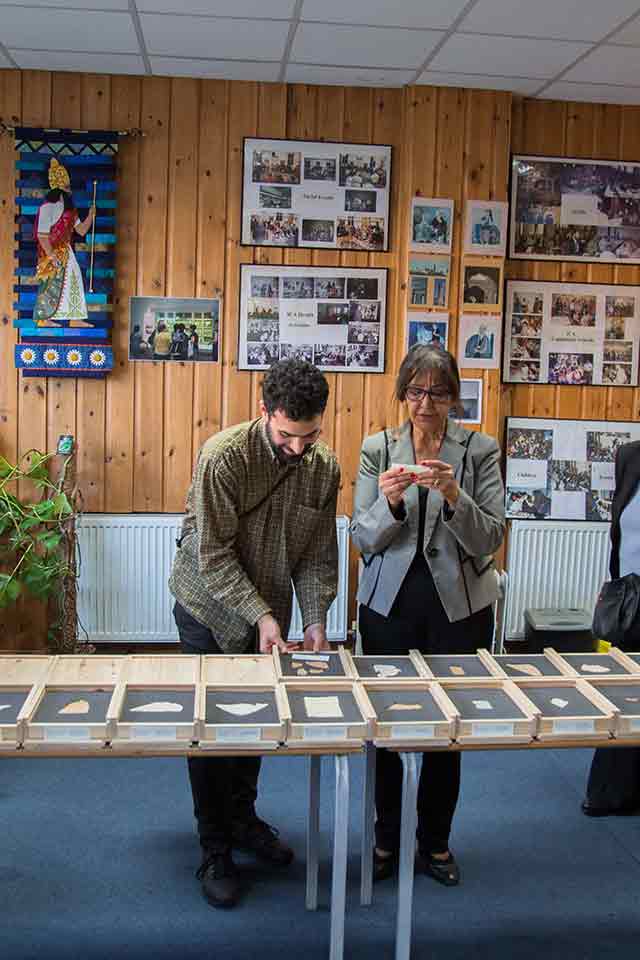

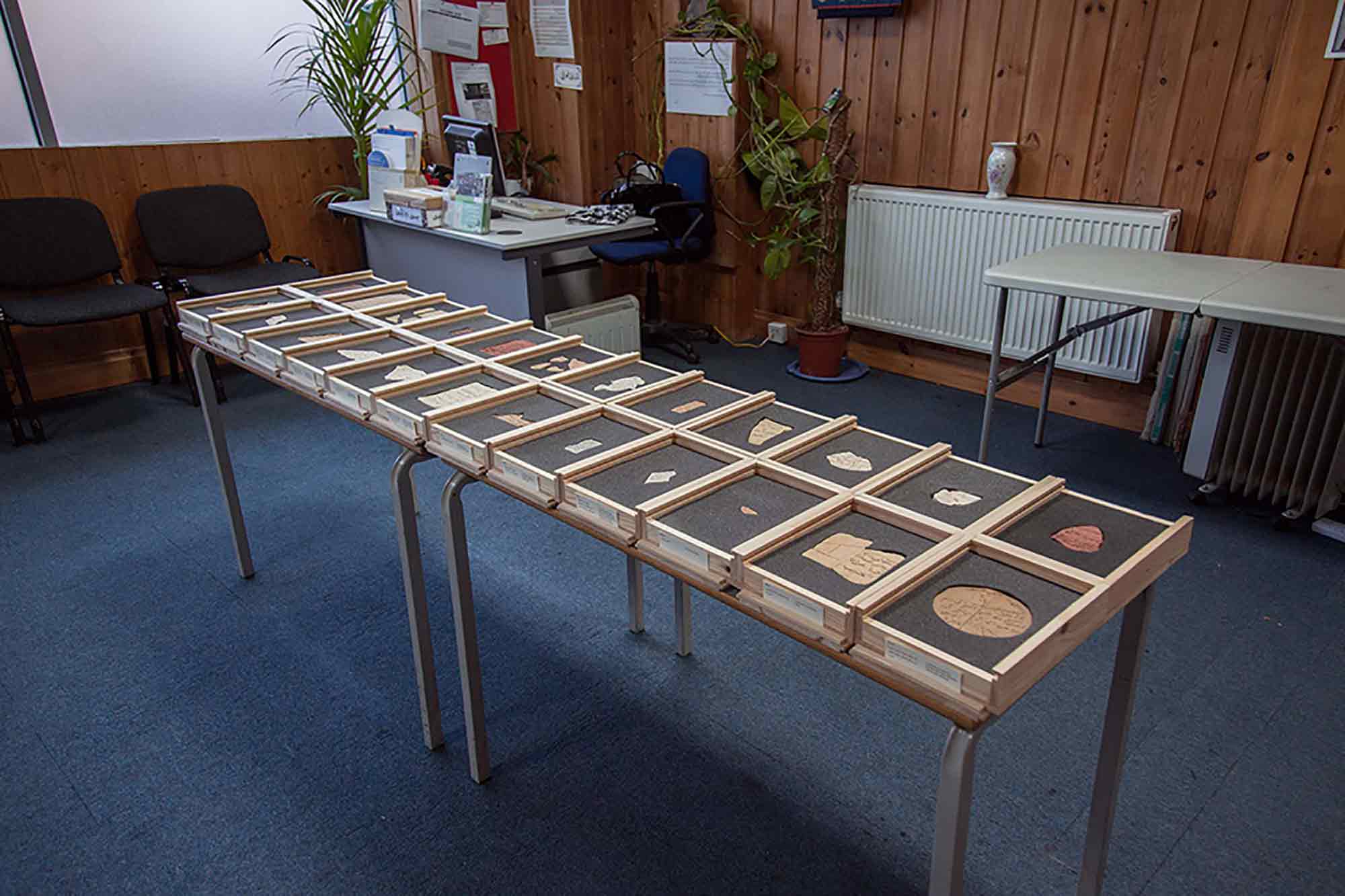
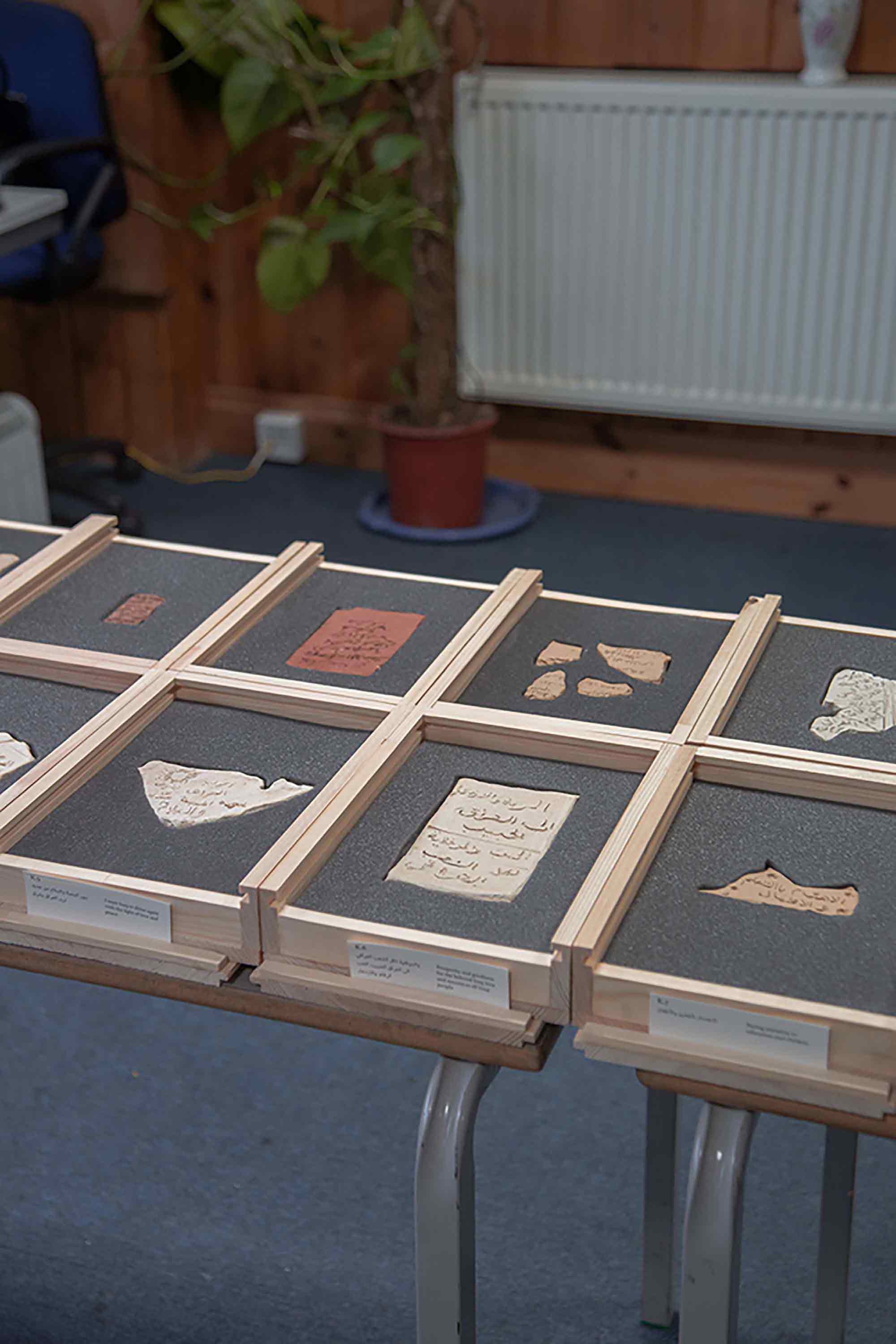
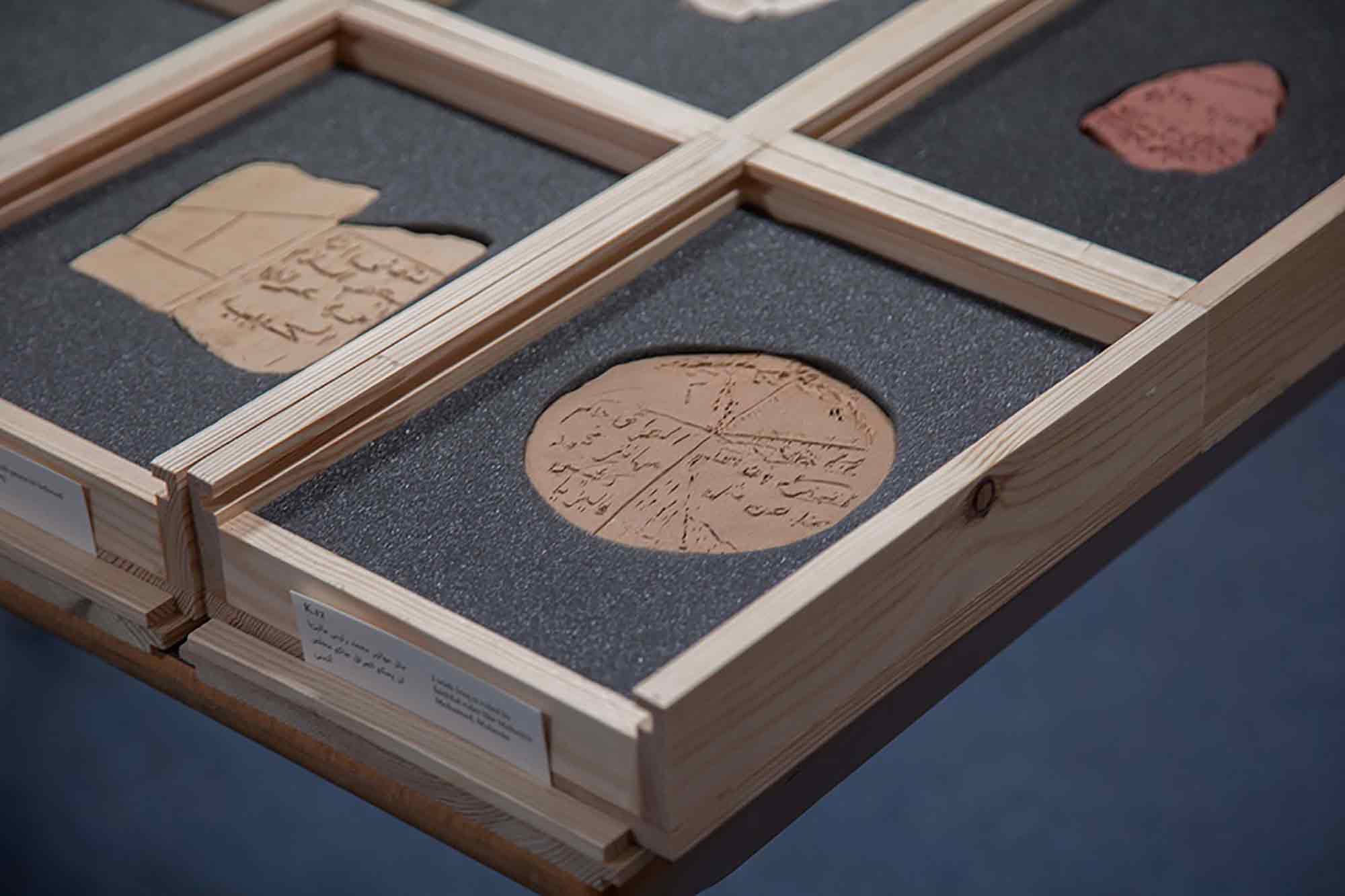
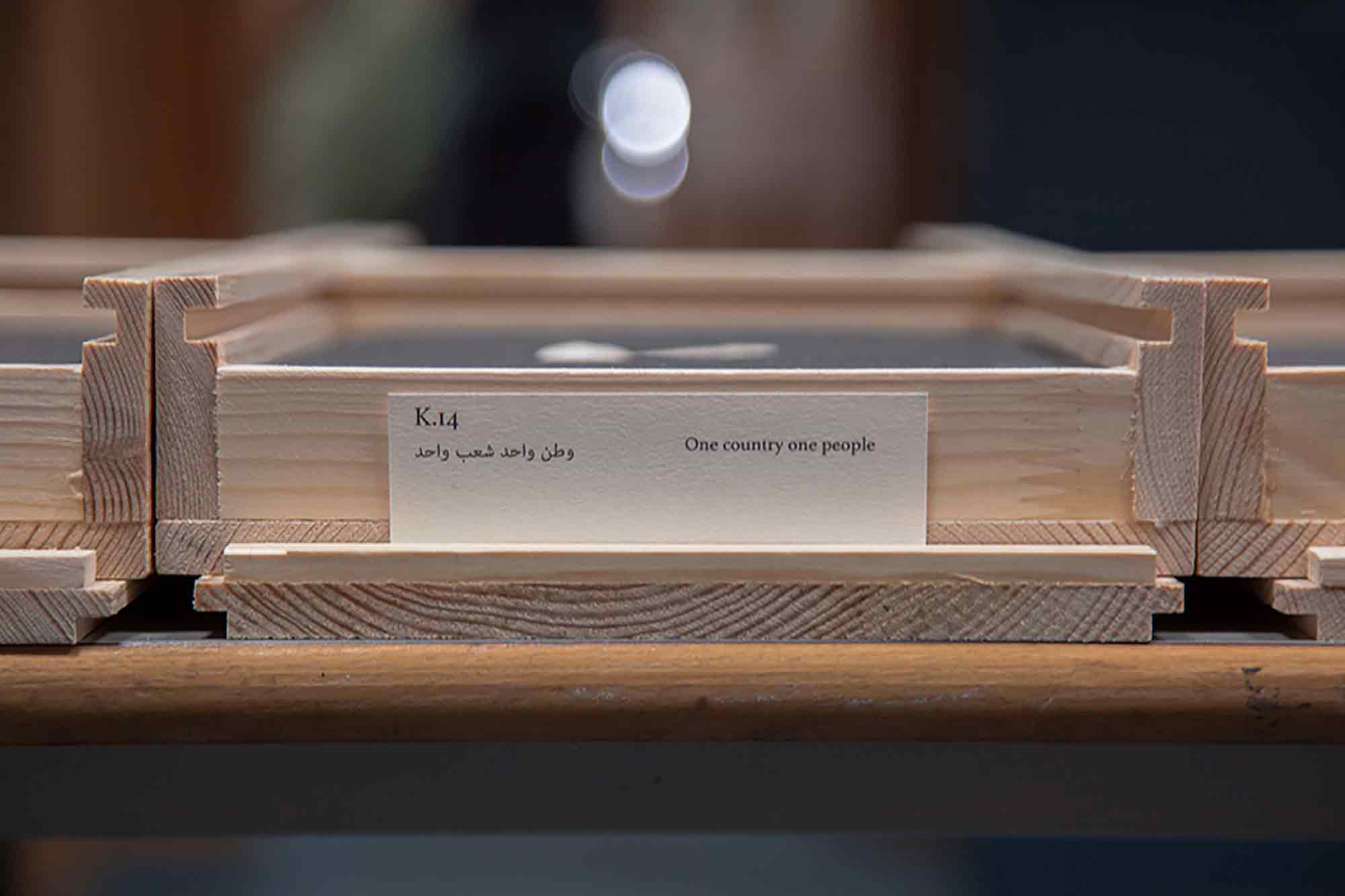
‘To some degree, the histories of displaced objects are analogous to human displacements, migrations and exiles.’
Objects removed for study consists of the recreation of a fraction of the Library of Ashurbanipal, present in the British Museum, by a group of women from the Iraqi community in London. Inspired by the library’s main role as a guide for the Assyrian King Ashurbanipal, for this project I invited a group of women to rewrite the books, suggesting that they might do so by responding to the contemporary situation in Iraq. The project strives to rethink critically, in the contemporary context of displacements, both the identity and the role that these old artefacts, colonized years ago, can serve in articulating new sensibilities and possibilities today.
Rafael Guendelman Hales is an artist who graduated with a bachelor’s degree in Fine Arts from Universidad Catolica de Chile (PUC) and with a Master degree in Situated Practice at University College London. He has a diploma in Film Theory (PUC) on Contemporary Arab World at Universidad de Chile and has participated in the Art residency programs of ZK/U in Berlin and Laznia in Gdansk, Poland. Rafael has received the National Art Funds of Chile (FONDART) several times; the Art Funding of the Department of Foreign Affairs (DIRAC) and the National Scholarship for Master Studies (CONICYT). His works have been exhibited in several art spaces and video festivals both in Chile and abroad.
Rafael’s work focuses on the research of certain contexts and stories, and the relation of humans with their territory in constructing identities. In that sense, his projects are linked to both political and social processes, and to personal memories and marginal events; and the ways in which they can be narrated through art.
More info: www.rafaelguendelman.com
The library that comprises Objects removed for study was produced in collaboration with members of the Iraqi community in London, while thinking through what Donna Haraway has called ‘epistemologies of location, positioning, and situating, where partiality and not universality is the condition’, (1) so creating a way of looking at artefacts that opposes the idea of a centralised narrative.
(1) Donna Haraway, ‘Situated Knowledges: The Science Question in Feminism and the Privilege of Partial Perspective’, Feminist Studies, v.14, n.3, (1988). p. 589.
Knut Ebeling, There Is No Now: An Archaeology of Contemporaneity, (Sternberg Press, 2017) (Book)
Hello World: Revising a Collection, exhibition, Hamburger Bahnhof – Museum für Gegenwart, Berlin, 2018. (Art Exhibition/Project)
Lee Wan, Mr. K and the Collection of Korean History, (2017), Korean pavilion, 57th Venice Biennale. (Art work)



































































